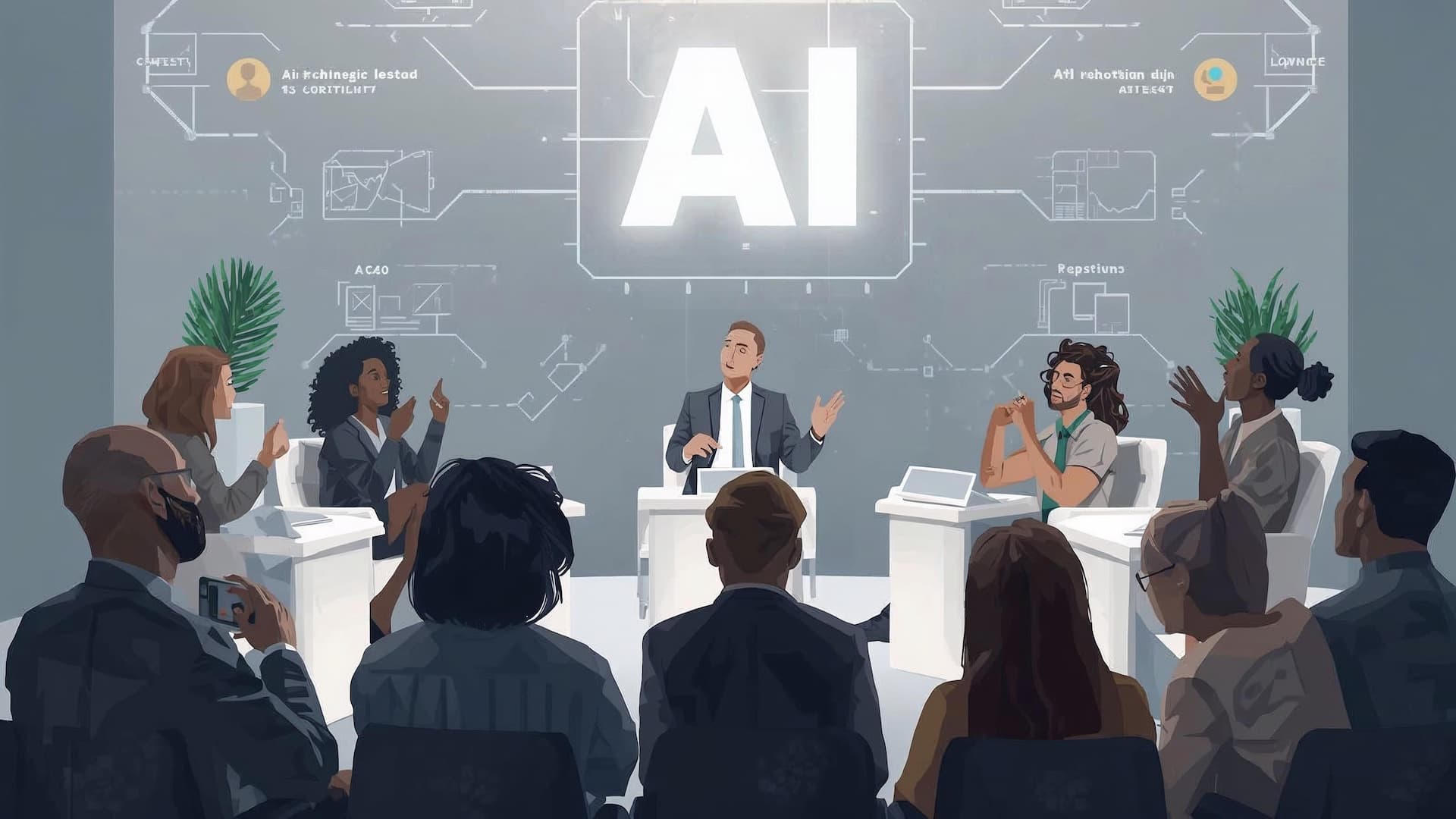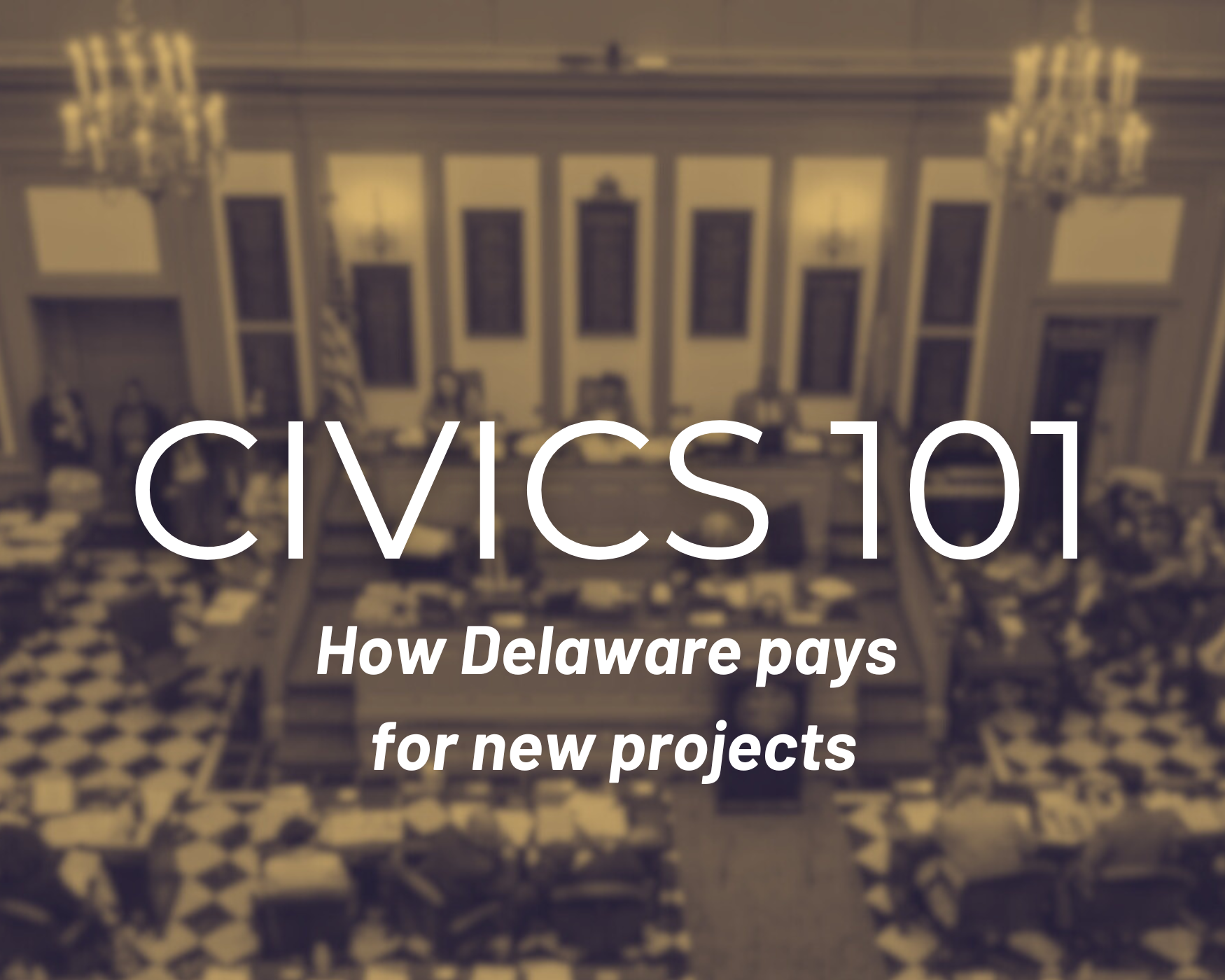Microsoft Ireland launches new Dream Space AI training programs for educators | ETIH edtech news – EdTech Innovation Hub

Report on Microsoft Ireland’s Dream Space Teacher Academy Expansion
Introduction: Advancing Sustainable Development Goal 4 (Quality Education)
Microsoft Ireland has announced a significant expansion of its Dream Space Teacher Academy, a strategic initiative aimed at advancing Sustainable Development Goal 4 (SDG 4) by ensuring inclusive and equitable quality education. The updated programs directly address the need to equip educators with critical digital and Artificial Intelligence (AI) competencies, thereby enhancing the quality of teaching and learning across Ireland. This initiative responds to research indicating that while nearly 90% of Irish educators use digital tools, 83% lack formal training in AI, a gap that this program seeks to close to foster lifelong learning opportunities for all.
Strategic Enhancement of Professional Development for Educators
The expansion introduces structured, multi-week training pathways designed to build teacher capacity in key technological areas. These programs are offered free of charge to primary, post-primary, and Youthreach educators, promoting equity and access in line with SDG 10 (Reduced Inequalities) by removing financial barriers and not requiring prior technical expertise.
Core Objectives and Alignment with Sustainable Development Goals
- SDG 4 (Quality Education): To improve the quality of education by integrating modern digital skills, computational thinking, and AI literacy into pedagogical practices.
- SDG 8 (Decent Work and Economic Growth): To prepare students with future-ready skills, enhancing their prospects for employment and contributing to a skilled national workforce.
- SDG 9 (Industry, Innovation, and Infrastructure): To foster innovation within the education sector by promoting the adoption of advanced digital tools and infrastructure.
- SDG 17 (Partnerships for the Goals): To demonstrate a successful partnership between the private sector and the national education system to achieve shared development goals.
New Multi-Stage Training Academies
- Digital Fundamentals Teacher Academy: This foundational course provides a comprehensive introduction to computational thinking, programming, cybersecurity, and AI literacy over four months. Its structure is designed to build a strong base of digital skills essential for modern educators.
- Academic Innovators Academy: This program focuses specifically on the classroom application of AI, covering prompt engineering, responsible AI practices, and productivity tools. It directly supports SDG Target 4.4 by increasing the number of adults with relevant technical skills for the modern economy.
- Minecraft Teacher Academy: Utilising game-based learning through Minecraft Education, this academy promotes engaging and accessible STEM education. It runs twice annually and provides educators with innovative methods to foster inclusive learning environments.
Development of Classroom-Ready Educational Resources
To support the direct implementation of digital learning, the Dream Space initiative has released comprehensive teacher packages. These resources are designed to empower educators to deliver high-quality digital skills instruction independently, contributing directly to the quality of education students receive.
Primary School Curriculum Support
- Two five-week modules introduce beginner micro:bit projects and intermediate MakeCode Arcade content.
- The lessons focus on developing computational thinking and STEAM skills for fourth to sixth class students, building a crucial foundation for future learning.
Post-Primary School Curriculum Support
- Two eight-week modules cover game design with MakeCode Arcade and text-based programming in Python.
- These resources align with junior cycle ICT, TY coding, and Leaving Certificate Computer Science curricula, directly preparing students with vocational and technical skills as outlined in SDG 4.
Fostering Partnerships for Sustainable Educational Impact (SDG 17)
In alignment with SDG 17, Microsoft is collaborating with Initial Teacher Education providers across Ireland. Through guest lectures, embedded modules, and practical workshops, this partnership aims to integrate digital and STEM learning into preservice teacher training. This forward-looking approach ensures a sustainable, long-term impact on the educational system by equipping the next generation of teachers with essential future-ready skills from the outset of their careers.
Conclusion: A Commitment to an Inclusive and Future-Ready Education System
The expansion of the Dream Space Teacher Academy represents a targeted effort to “Skill Up Ireland” and align the nation’s education system with the demands of the digital age. By providing educators with the necessary training and resources, Microsoft Ireland is making a substantial contribution to achieving SDG 4. The initiative aims to create “more inclusive, engaging, and future-ready learning experiences that benefit every student,” thereby fostering a more equitable and prosperous society.
Sustainable Development Goals (SDGs) Addressed
SDG 4: Quality Education
- The article’s central theme is the enhancement of education quality through technology. Microsoft’s Dream Space initiative directly supports this goal by providing free professional development for teachers in STEM, digital skills, and AI, aiming to create “inclusive, engaging, and future-ready learning experiences.”
SDG 8: Decent Work and Economic Growth
- By equipping teachers with the skills to teach AI, programming, and computational thinking, the initiative helps prepare students for “future skill demands.” This focus on technical and vocational skills is crucial for future employment and contributes to economic growth. The inclusion of “Youthreach educators” specifically targets a program for early school leavers, aiming to improve their employment prospects.
SDG 9: Industry, Innovation, and Infrastructure
- The program promotes the integration of advanced technology (AI, digital tools, programming platforms like MakeCode and Python) into the educational infrastructure. It aims to increase digital literacy and proficiency, which is fundamental to fostering innovation and building a technologically advanced society.
SDG 17: Partnerships for the Goals
- The initiative is a clear example of a public-private partnership. Microsoft, a private corporation, is collaborating with the Irish education sector, including primary and post-primary schools, Youthreach, and “Initial Teacher Education providers,” to achieve shared educational and developmental goals.
Specific SDG Targets Identified
SDG 4: Quality Education
- Target 4.4: By 2030, substantially increase the number of youth and adults who have relevant skills, including technical and vocational skills, for employment, decent jobs and entrepreneurship.
- The article supports this by focusing on training teachers to impart skills in “computational thinking, programming fundamentals, cybersecurity and AI literacy.” The stated goal is to prepare students for “future skill demands,” directly aligning with the need for relevant technical skills for employment.
- Target 4.c: By 2030, substantially increase the supply of qualified teachers…
- The initiative directly addresses a skills gap among educators, highlighted by research finding that “83 percent report lacking formal training in AI.” By offering structured training pathways and professional development, the program aims to increase the supply of teachers qualified to teach modern digital and AI skills.
SDG 8: Decent Work and Economic Growth
- Target 8.6: By 2020, substantially reduce the proportion of youth not in employment, education or training.
- Although the target date has passed, the principle remains relevant. The article mentions that the training is open to “Youthreach educators.” Youthreach is an Irish program for young people who have left school early. By upskilling these educators, the initiative aims to provide at-risk youth with valuable digital skills, thereby improving their pathways to employment or further training.
SDG 17: Partnerships for the Goals
- Target 17.17: Encourage and promote effective public, public-private and civil society partnerships…
- This initiative, led by Microsoft Ireland, is a partnership with the public education system. The article describes collaboration with “Initial Teacher Education providers across Ireland” and providing resources for primary and post-primary schools, exemplifying a public-private partnership to advance education.
Indicators for Measuring Progress
- Number of educators trained: The article implies this can be measured by tracking the number of participants who complete the programs and receive “digital badges.” This would serve as a direct indicator of the increase in teachers with new digital skills.
- Percentage of teachers with formal AI training: The article establishes a baseline that “83 percent report lacking formal training in AI.” A follow-up survey measuring a reduction in this percentage would indicate progress towards upskilling the teacher workforce.
- Uptake of classroom resources: The number of schools or teachers downloading and using the “teacher packages,” which include schemes of work, worksheets, and video tutorials, can be tracked to measure the integration of these new skills into actual classroom teaching.
- Number of partnerships with teacher training institutions: Progress can be measured by the number of “Initial Teacher Education providers across Ireland” that formally partner with Dream Space to “embed digital and STEM learning into preservice teacher training.”
Summary of SDGs, Targets, and Indicators
| SDGs | Targets | Indicators (Implied in Article) |
|---|---|---|
| SDG 4: Quality Education |
|
|
| SDG 8: Decent Work and Economic Growth | 8.6: Reduce the proportion of youth not in employment, education or training (NEET). |
|
| SDG 9: Industry, Innovation, and Infrastructure | 9.c: Increase access to information and communications technology (ICT). |
|
| SDG 17: Partnerships for the Goals | 17.17: Encourage effective public-private partnerships. |
|
Source: edtechinnovationhub.com
What is Your Reaction?
 Like
0
Like
0
 Dislike
0
Dislike
0
 Love
0
Love
0
 Funny
0
Funny
0
 Angry
0
Angry
0
 Sad
0
Sad
0
 Wow
0
Wow
0













































































